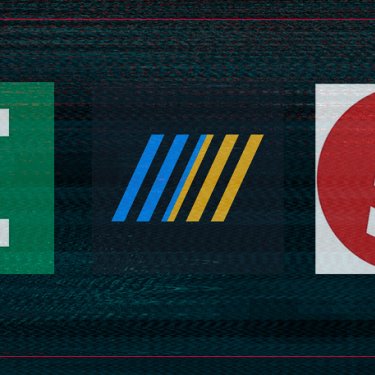Three Ukrainian TV news channels barred from digital video broadcasting for past year

Reporters Without Borders (RSF) calls on the Ukrainian authorities to ensure that three opposition TV news channels – Espreso, Channel 5 and Priamyi – are quickly reincorporated into the national system of digital video broadcasting (DVB-T2), from which they have been excluded for the past year.
Read in Ukrainian / Читати українською
Read in Russian / Читать на русском
The three 24-hour TV news channels were mysteriously disconnected from Ukraine’s DVB-T2 network exactly a year ago, on 4 April 2022, since when they have been limited to satellite broadcasting and streaming online.
They were dropped from digital video broadcasting shortly after a decree requiring all of the national TV news channels to cooperate. A year later, it is still impossible to say who took this decision, why it was taken, and who implemented it. The media regulator, the DVB supplier and the state-owned company that owns the infrastructure all blame each other. A legal fog has prevailed for the past year.
Channel 5 and Priamyi, which are both owned by Vilni Media, filed lawsuits in May 2022 but these have stalled. Although the Ukrainian parliament adopted a resolution in favour of press freedom in April 2022, it was only the following month that the parliamentary committee responsible for the news media examined the problem of these three channels, and it failed to come up with any solution.
“This absurd situation has gone on for too long,” said Jeanne Cavelier, the head of RSF’s Eastern Europe and Central Asia desk. “It is incredible that Ukraine’s 16 million DVB viewers have been denied access to the three opposition TV channels in a legal confusion that has endured for a year. We fail to understand the lack of political will to solve this problem, and we urge the Ukrainian authorities to sort things out as quickly as possible.”
Two weeks before the three opposition channels were disconnected, Ukraine’s National Security Council issued a decree on 18 March requiring the national TV news channels to work together to feed what it called the “National Information Marathon.”
The decree formalised the initiative that six major TV channels, including two public ones, took the day after Russia launched its invasion. They decided to co-produce a joint live broadcast with a slot reserved for each one to provide content. The goal was to ensure that Ukrainians had continuous access to reliable news and information in a confusing environment in which disinformation was a real threat.
After the decree was issued, Espreso, Channel 5 and Priamyi expressed their desire to contribute to the “National Marathon.” Representatives at each of the channels told RSF they began discussions with the other channels but they were not conclusive. Then, on 4 April 2022, the signals of these three channels were suddenly dropped from Ukraine’s DVB-T2 network without any warning and without any official decision by the media regulator, which would have been expected to supervise the process in the absence of any other legal basis.
“The real question is why these three channels were not allowed to participate in the Marathon despite the decree,” said Roman Holovenko, the jurist at the Institute of Mass Information (IMI), RSF’s Ukrainian partner. “The problem is that we have no legal basis regulating cooperation between the channels themselves.”
Espreso, Channel 5 and Priamyi are meanwhile still being invoiced by Zeonbud, the company that operates Ukraine’s DVB-T2 network.
